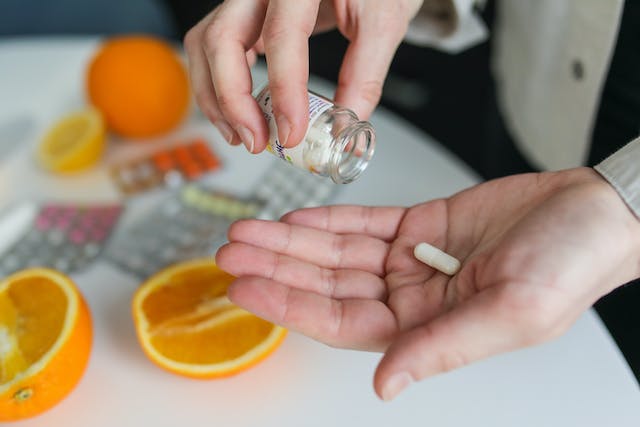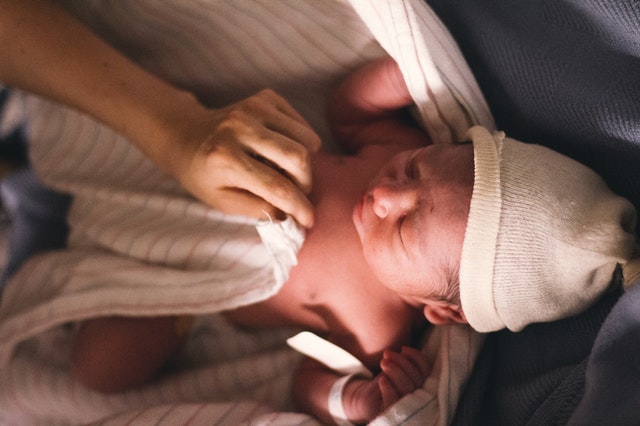There are several reasons why parents should know basic first aid techniques. First, children are prone to injuries and accidents, such as cuts, burns, and falls. Knowing first aid can help parents quickly and effectively respond to these types of situations, which can prevent further injury and possibly save a child’s life. Additionally, first aid skills can help parents deal with common childhood illnesses, such as fever and dehydration, and know when to seek medical attention. Finally, having first aid skills can give parents peace of mind and the confidence to handle emergencies.
Here are 10 lifesaving first-aid tips for babies and toddlers that all parents should know:
- Know how to perform CPR: In the event that a baby or toddler stops breathing, knowing how to perform CPR can save their life.
- Know how to stop bleeding: If a baby or toddler is bleeding, apply pressure to the wound with a clean cloth to try and stop the bleeding.
- Know how to treat burns: If a baby or toddler has a burn, hold the burn under cool running water for at least 10 minutes to help reduce the heat and pain.
- Know how to treat cuts and scrapes: If a baby or toddler has a cut or scrape, clean the wound with soap and water and apply a bandage to keep it covered.
- Know how to treat a fever: If a baby or toddler has a fever, give them acetaminophen or ibuprofen according to the dosage instructions on the label.
- Know how to treat insect bites and stings: If a baby or toddler has been bitten or stung by an insect, remove the stinger if it is still present and apply a cold compress to the bite or sting to help reduce swelling.
- Know how to treat a choking baby or toddler: If a baby or toddler is choking, try to remove the object that is causing the choking by gently trying to sweep it out with your finger. If that does not work, perform CPR.
- Know how to treat a seizure: If a baby or toddler is having a seizure, do not try to stop their movements. Instead, try to protect them from injury by moving any nearby objects out of the way and timing the seizure.
- Know how to treat a sprain: If a baby or toddler has a sprain, apply a cold compress to the injured area to help reduce swelling and give them acetaminophen or ibuprofen for pain relief.
- Know how to treat a fever: If a baby or toddler has a fever, give them acetaminophen or ibuprofen according to the dosage instructions on the label.
I hope these tips are helpful! It is always a good idea to have a first aid kit on hand and to familiarize yourself with basic first aid techniques. If you have any concerns about your baby or toddler’s health, it is always best to consult a medical professional.
53 , 1 T












